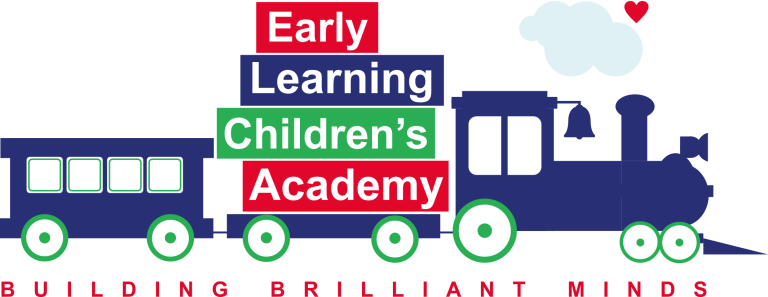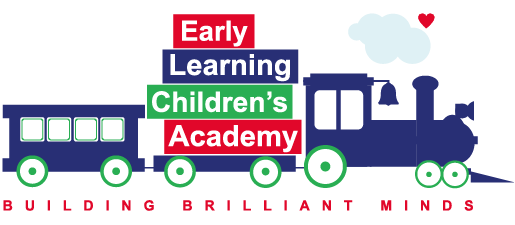In the event of a meltdown or bad behavior, rewarding your child might be the last thing on your mind. However, studies show that reward systems for kids are effective if you use them wisely. You can use positive reinforcement to encourage good behaviors, like sharing or following instructions or listening. You can also use a reward system to prevent bad behaviors like back talk, hitting, or whining.
Positive reinforcement is also a great motivation tool and can be used to motivate your child to do their chores, get along with their siblings, or complete their homework without back talking. When used appropriately, positive reinforcement can increase the chance that your child’s good behavior will be repeated in the future.

How Does Positive Reinforcement Work?
Most adults go to work every day so that they can receive a paycheck. Of course, there may be other rewards they receive in the workplace, like staff retreats, free coffee, or weekly lunch outings. But their paycheck provides the main positive consequence of going to work. It’s this positive reinforcement that keeps them going day to day.
Rather than focus on your child’s negative actions, try to amplify their positive actions by rewarding good behavior.
Positive Reinforcement Examples
There are various ways to reinforce the behavior you want to encourage, and there are many free or lost-cost reward options you can use. Positive reinforcement doesn’t always have to be a tangible item or an expensive treat. Instead, you can positively reinforce your child’s behavior by:
- Giving a hug or a pat on the back
- Giving a thumbs-up
- Offering a special activity, like playing a game or reading a book
- Offering praise
- Giving a high five
You can also offer positive reinforcement by giving your child extra privileges or tangible rewards. For instance, if your child cleaned their room without being told, maybe take them to a park as a reward, or to get their favorite ice cream. Consider creating a sticker chart and giving your child stickers for their positive behavior if you have younger kids.
Always Reinforce These Behaviors
Always use positive reinforcement when your child displays behavior that you want them to repeat. Examples of behaviors to reinforce include:
- Completing chores
- Finishing homework without complaining
- Being a good sport
- Playing quietly
- Getting along nicely with a sibling
- Cleaning their room without being told
- Talking about their feelings
- Using manners
- Listening the first time
- Showing compassion or kindness
- Waiting patiently
- Staying at the dinner table without getting up
Children of all ages respond well to praise as they want to please their parents and want to be seen by their parents as good kids. When we praise good behaviors and focus solely on positive interactions, we empower our children to repeat them. For instance, praising our children while doing something right is better than reprimanding them when things go awry.
How Should You Reward Your Child?
The type of rewards we provide is very important and depends on the content of the situation. Consider adjusting positive reinforcements to align with specific tasks. Here are different types of rewards to consider based on context:
- Social reinforcers like recognition or approval of others expressed through compliments, encouragement, and specific praise are very powerful.
- Natural reinforcers in the form of satisfactory grades for a job well done are most effective as they support self-esteem, confidence, and a sense of agency.
- Token reinforcers are offered through earned points that can be redeemed or turned in for something of added value.
- Tangible rewards can be used for motivation. Use these rewards to restore motivation, but not to make them the object as a pursuit. You don’t want your child to become dependent on these rewards.
Remember, always reward good behavior in some kind of positive way. Positive reinforcement has shown time and time again to result in better behaved and more motivated children. If you’re interested in one of our daycare options, contact us!



